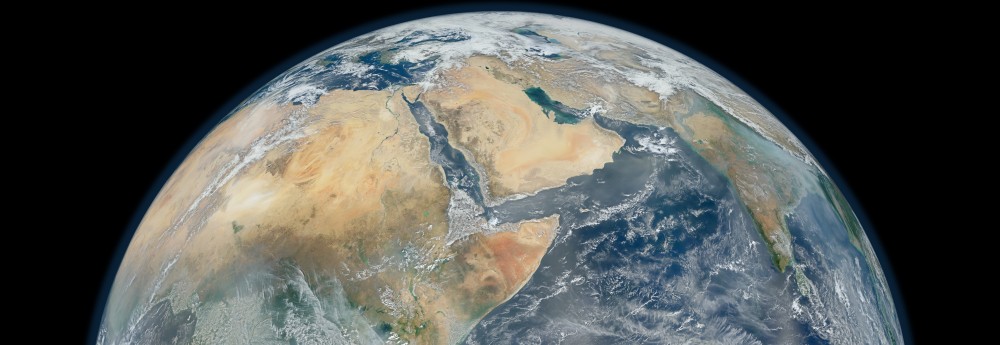Once upon a time, there was this great North American nation that every other nation in the world looked up to for peaceful insight into a world of chaos. Canada was trying to make this world a better place to live, one resolution at a time at the UN General Assembly. Canada had an international stance that Canadians were very proud of back in the days. Our Foreign policy shaped by various individuals who had a peaceful vision for Canada’s place in the world which suited all Canadians towards the end of the Korean War.
Politicians like former foreign minister Lloyd Axworthy and former Prime Minister Lester B. Pearson are among those that helped Canada get the image of a peacekeeping nation. The Ottawa Treaty, which is an international treaty to ban anti-personnel land mines, is considered Axworthy’s greatest success on the international scene. As for Pearson, he was able to accomplish a lot for all Canadians with back-to-back minority governments. From universal health care to the abolition of capital punishment introduced by Pearson and finalized by Prime Minister Pierre Elliott Trudeau in 1976. Pearson might also be remembered by the international community as spearheading the United Nations Peacekeeping forces initiative in 1957 or even for working very hard to keep Canada out of the Vietnam War despite strong pressure from our neighbors to the south. Acknowledged in the UN as the nation that has contributed to more peacekeeping missions than any other nation in the world. Canada’s legacy of peace and justice does not come from a few individuals alone. For as long as I can recall, the Canadian society as a whole has been upholding those precious values with a desire for continuation.
However that desire for continuation does not appear to have been shared by all our Prime Ministers and MPs alike. Pearson should not be viewed as a role model, although he did many good things for Canadians and for the world in general, he also supported South African Apartheid and numerous coups around the world. Does this indicate a hidden hypocritical Canada that is rarely seen in the light of day?
Back then it looked like they tried to conceal those facts from the general public. Nowadays, with Prime Minister Stephen Harper, it seems that Canada has stopped trying to hide the hypocrisy and rather opted for sustained support to what Naomi Klein described as “disaster capitalism”. Harper succeeded in doing a bootleg turn with Canadian foreign policy as easily as if he was driving a 1992 Ford Crown Victoria. Doing this turn, not to help catch real criminals reminiscing of the old days, but rather to encourage unlawful behavior more than anything else. There are many examples of this sudden change of foreign policy in Yves Engler’s book “The black book of Canadian foreign policy” which teaches us among other things that this change in foreign policy was not as sudden as it seems.
François-Alexandre Roy T.
Foreign 99 Thoughts
